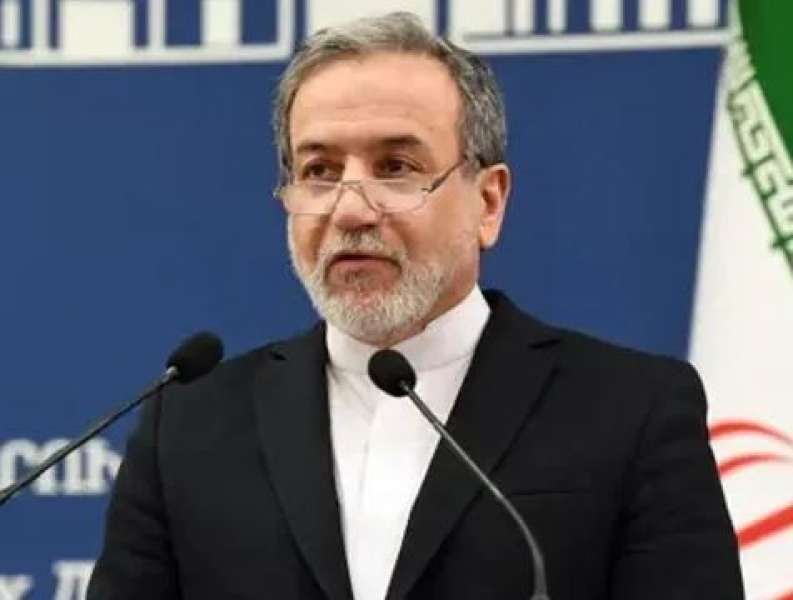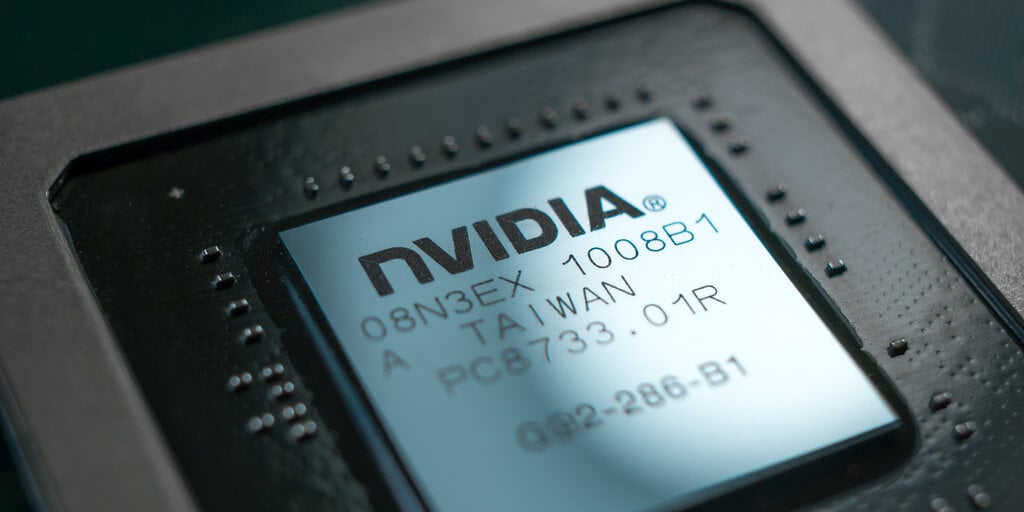High-Stakes Nuclear Negotiations in Oman
Iran and the United States engage in tense nuclear negotiations facilitated by Oman. With both sides holding firm on their positions, can they find common ground in changing geopolitical tides?
Published April 13, 2025 - 00:04am

Image recovered from sabaharabi.com
The recent nuclear negotiations held in the scenic city of Muscat, Oman, marked a crucial juncture in the strained relations between Iran and the United States. Delegations from both nations convened under the watchful mediation of Oman, a country with a long-standing tradition of acting as a neutral intermediary in high-stakes diplomatic discussions. These negotiations, which are being keenly observed globally, aim to defuse burgeoning tensions and possibly pave the way for a new agreement on Iran's controversial nuclear program.
Leading the Iranian delegation, Abbas Araghchi, armed with comprehensive diplomatic powers from Tehran, drove the negotiations with the United States, which were fronted by Steve Witkoff, a senior envoy. These talks are set against a backdrop of increasing regional volatility that threatens to spiral into broader conflicts if not managed prudently. As both sides sat in separate rooms, a practice indicative of the tentative trust underlying these interactions, Oman's seasoned diplomat, Minister Badr al-Busaidi, played the pivotal role of messenger and peacekeeper, shuttling positions and sentiments back and forth.
The criticality of these negotiations cannot be overstated. The U.S. administration under President Trump has reiterated its firm stance that preventing Iran from acquiring nuclear weapons remains an uncompromisable red line. As stated by numerous U.S. representatives, all options, presumably encompassing both diplomatic and military measures, remain on the table. On the other hand, Iran holds steadfast in refusing to negotiate its missile program but remains open to discussions revolving around its nuclear capabilities.
The primary focus centers on achieving a balanced agreement that incorporates mutual assurances and verifiable measures to cap Iran's nuclear activities, a move that Washington deems essential for regional stability. Despite frequent implicit and explicit threats of military escalation, Winkoff noted a groundswell of optimism emanating from the constructive dialogues thus far. Observations from unnamed Iranian officials are in synch with an optimistic narrative, identifying the atmospherics as generally positive, albeit tempered by cautious realism given the historical foundation of mistrust.
An essential element of these complex discussions highlights the intricate issue of sanctions. For Iran, lifting the plethora of economic sanctions is not just a national imperative but a pressing economic necessity. Conversely, the U.S. is wary of offering undue relief without ironclad commitments from Tehran to halt and roll back specific nuclear advancements. The notion allegedly floated during these talks suggests a phased easing of sanctions aligned with stringent verifications of Iran's adherence to any new accords made.
Underpinning these technical specifics lies a diplomatic dance aimed at reconciling divergent strategic aspirations. Both parties, despite entrenched positions, express an overarching desire to avoid further confrontation. Yet, fundamentally, there exists a gap in expectations; Washington principally demands a scalable rollback of Iran's enrichment processes tied to cumulative verifications, while Iran emphasizes respect for its sovereign entitlement to nuclear technology under globally recognized frameworks.
This delicate engagement continues with an implicit understanding that any positive shifts in the dialogue need reinforcing through actionable diplomacy. As Iran posits the potential for a provisional arrangement, which might include capped uranium enrichment and increased transparency, both sides are compelled to confront hard reality checks about aligning non-negotiables. Evidently, the prospect of a preliminary framework agreement is floated as a stop-gap that provides temporary respite and facilitates enriched subsequent dialogues, possibly precluding the Trump administration's expiry of certain diplomatic tools.
Anticipating further rounds of diplomatic exchanges next week, stakeholders from both countries prepare to regroup with fresh insights and recalibrated strategies as they weigh up the immediacy of potential breakthroughs or breakdowns in the negotiations. Herein remains the pivotal uncertainty: whether the prevailing geopolitical calculus might tilt for or against compromise given Iran's steadfast rule against direct augmentation of its bilateral defensive positioning or ballistic ambitions.
In reflection, Muscat's episodic role as a diplomatic safe haven underscores the ever-increasing importance of strategic mediation in global security dilemmas. The ongoing delicate balance of diplomacy signals cautious optimism infused with tangible pressures, hinting at the eventual necessity for both Washington and Tehran to engage more deeply, hopefully transforming these episodic encounters into comprehensively binding pathways towards enduring peace.






